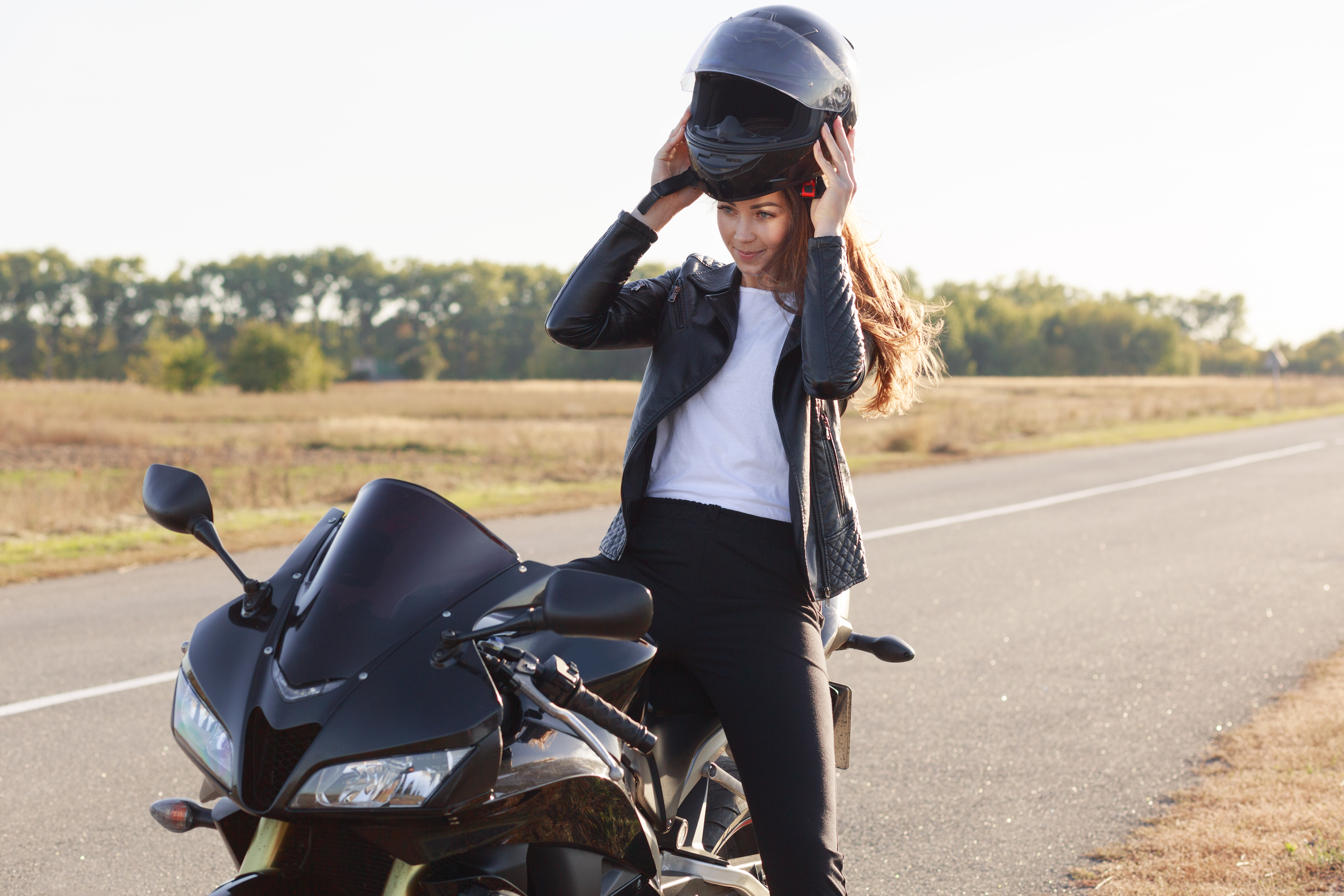As humans, most of us evaluate our potential actions and aim to minimize risk, both to ourselves and to others. We calculate, strategize and plan, evaluating pros and cons, and eventually we make our move. Growth for humans cannot occur without risk.
We all have an inner mother who wants to keep us safe but consider this, every milestone of childhood is passed with risk: learning to walk, going to school, crossing the street, riding a bike, learning to swim. My own mother never learned to swim as a child and neither did any of her 4 siblings because her mother was afraid they would drown. But think about that for a moment. The only way to really prevent one’s children from drowning is to teach them to swim! This is a perfect illustration of how fears can actually work to cause the very thing we worry about.
Mothers might even encourage their children to take risks in order to raise a more intelligent child. A study on decision making skills separated 18 year old male participants into two categories: high and low risk-takers. Researchers expected to find that those who spent time considering what to do would have more developed neural networks, but what they found was exactly the opposite. Brain scans of the participants as they negotiated a driving simulation, revealed that the high-risk takers had more developed white matter, or neural networks. Neural networks, sometimes called superhighways of the brain are how the brain communicates information. In this study, those who took more chances had more white matter in the brain, or more superhighways. Researchers suggested these subjects were considered active and sought out challenges “both out of curiosity and a hunger to experience learning and a sense of mastery over their environment.” Scientist Dagfinn Moe at the University of Turku Finland continues “All the positive brain chemicals respond under such conditions, promoting growth factors that contribute to the development of the robust neural networks that form the basis of our physical and mental skills.”
So what is the great modern risk? Apparently it’s viral. And you just know the Universe is laughing at that one. “Hey Mother Earth, get ready, this is really gonna go viral.” Most of us are nearing 2 months of quarantine. Seven weeks ago, we agreed to restrict our behavior, to close our businesses, to threaten the very existence of a healthy biome with excessive use of powerful disinfectants. Like listening to our mothers, we were reminded of the dangers of being selfish, of thinking only of our own pleasure. So we retreated while the disease hopefully passed us by, like some modern day Passover story, this time on a global scale. Certainly there is real danger out there, and we understand now who is at risk and that includes those who must serve, like doctors and grocery store workers.
But we cannot stay at home forever. Our intellect needs to go out, to measure the risks of driving cars and crossing streets and living in a world with a virus like COVID19. Of course we need to enter the world with the tools we need to survive and not hurt others while doing so, but life must go on. Haven’t we told ourselves repeatedly, that moving on is the best way to get past something?
So maybe like so many things our moms taught us, we can go out in this new world of risk, we can be smart enough to do it right. Think about it- wash your hands, don’t cough in anyone’s face or space, take your shoes off in the house, all simple things we learned how to do when we were children. But it is more than that, it is an attitude that we can move about in a world of calculated risk. Think of participating in a dangerous sport like skiing for example; skiers can get down the hill without harming themselves or others, there are rules for accepted behavior, and the risk of not following the rules could be fatal and is certainly socially unacceptable. People do it by the millions every winter, most without injury or bad effect.
I am not advocating irresponsible behavior but I believe we live with risk from the moment we are born and we learn to embrace it and thrive. The human race can adapt and feel confident in our ability to rise to the occasion. Imagine our future success if all we have accomplished is better hand hygiene! That alone might reduce the transmission of seasonal diseases dramatically. The CDC sites a British study that concluded if everyone routinely washed their hands, a million deaths a year could be prevented. Another study sited by the CDC concludes that hand washing can reduce the risk of respiratory infections by 16%. Hand sanitizer in classrooms reduced absenteeism due to infection by almost 20% when measured across 16 schools and 6000 students.
For seven weeks, we have been safe in our cocoon, we have reveled in our ease and for a moment we feel at peace, content even. Then we feel that pull to come out into the world. We can use our intelligence to do it well and without unnecessary risk, like we do pretty much everything else. We can be trusted to stay on our side of the road or in the one-way grocery aisle. Humans will adapt where necessary or even develop a new solution yet unthought of- but we need to be in the world to do it.


